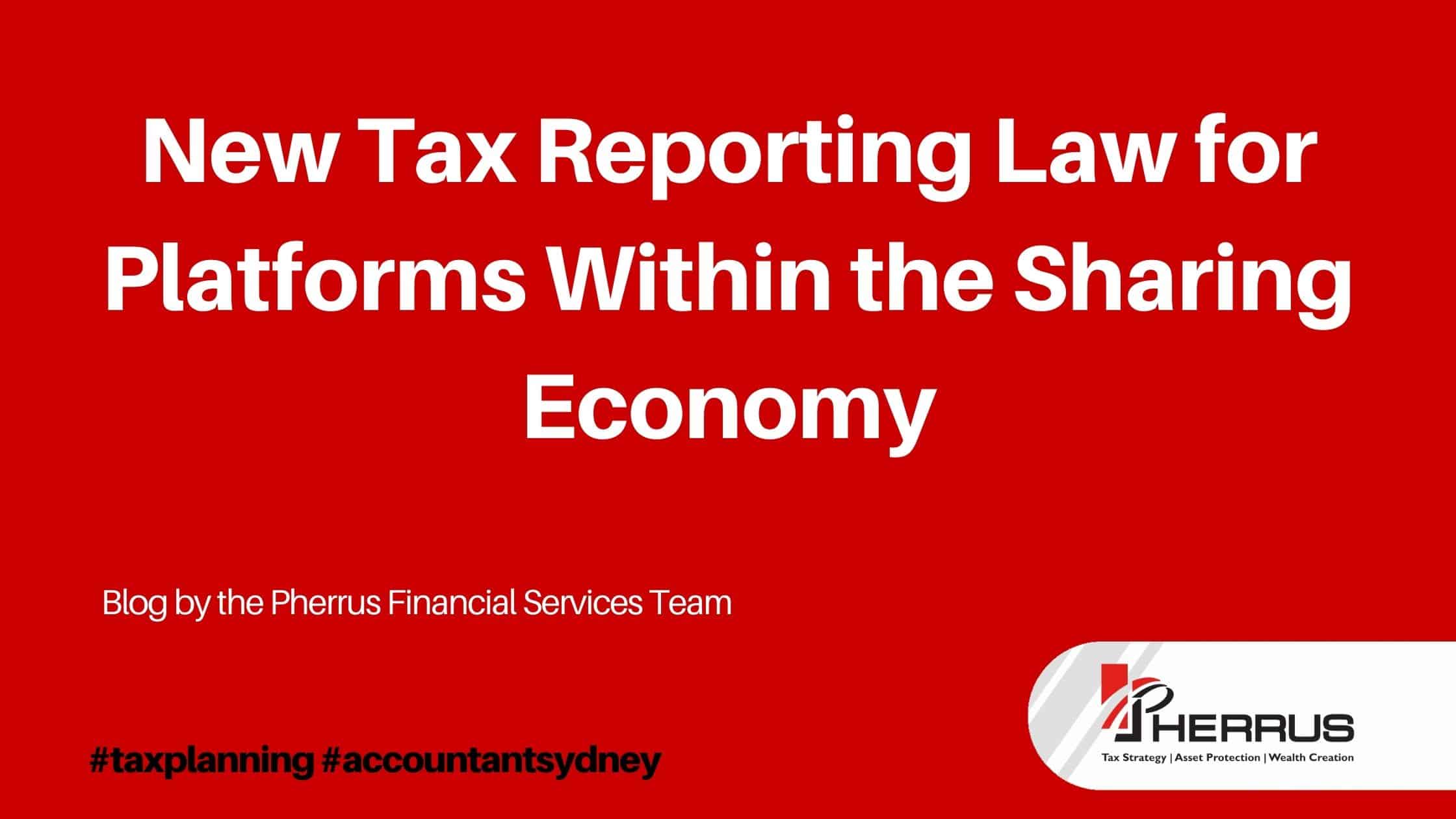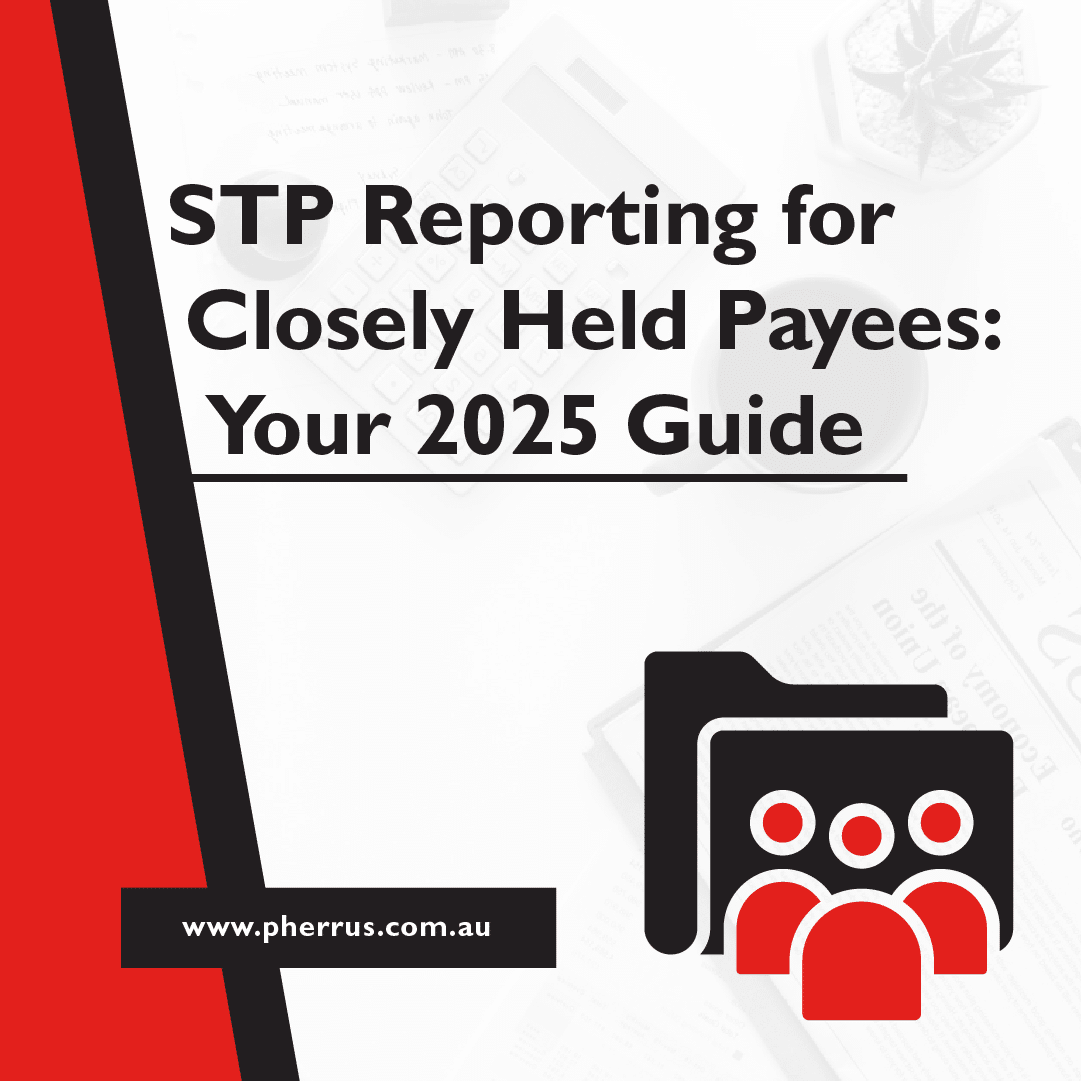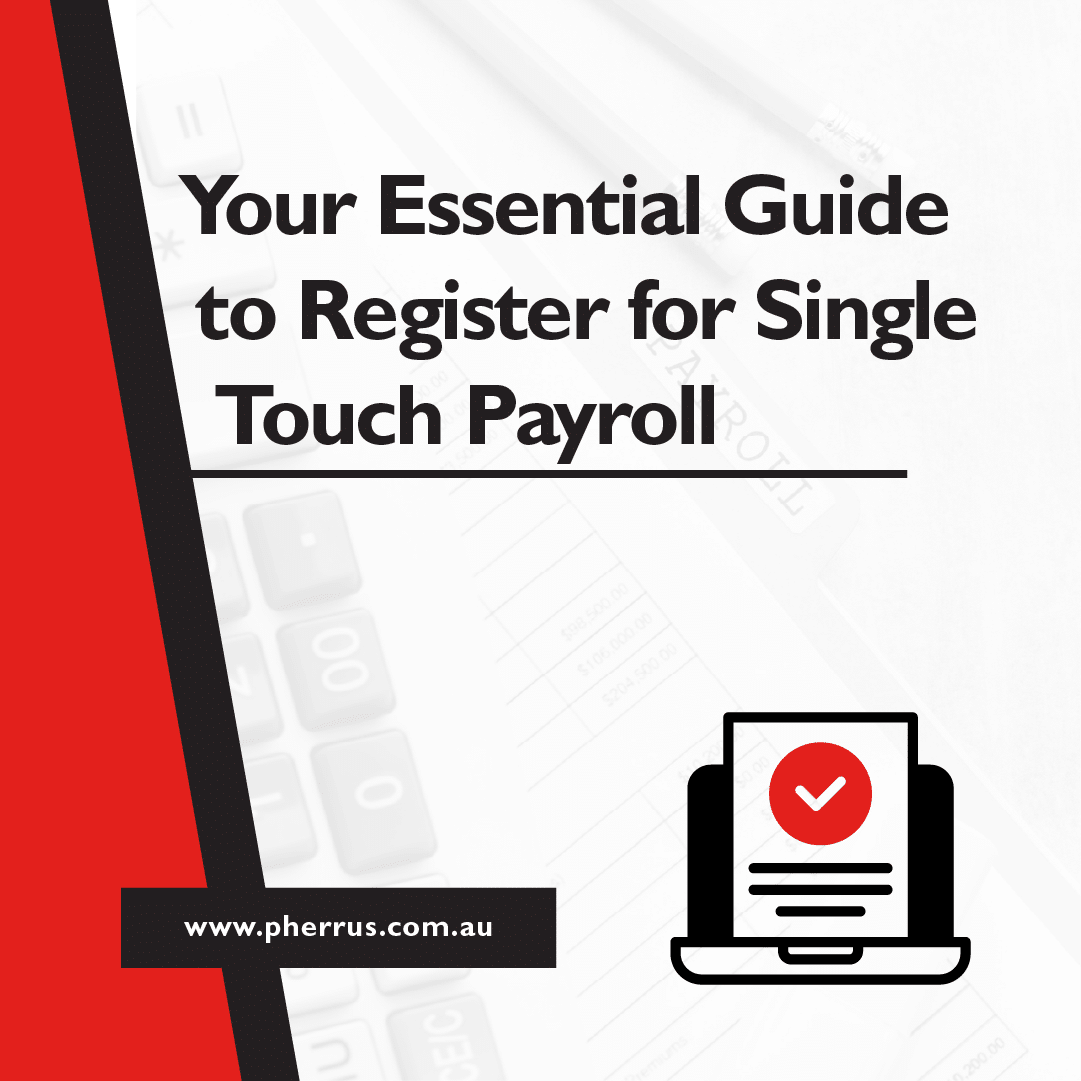If you operate any form of asset or service-sharing platform, you need to know about the recent change in tax law.
This applies to ridesharing or taxis and short-term accommodation.
From July 2024, it will also be rolled out to meal delivery platforms, and all other task-based services, assets and supplies within what is known as the “sharing economy”.
What’s changed?
The amendment means that it is now your legal responsibility to report income earned by sellers on your marketplace.
This is because the ATO has found that income earned through these platforms is at high risk of falling through the gaps when it comes to tax compliance.
The change came into effect from 1st July 2023 for taxi/ridesharing and short-term rentals, and will apply to other asset and service sharing platforms from 1st July 2024.
What do you need to do?
Any income that you earn through these platforms will be reported directly to the ATO and should be included in your tax return.
It is likely that this reporting will also include your name, ABN, address, gross income, and relevant GST.
What you need to do to be ready and compliant with these changes is to make sure that all of this information is correct when it comes to any sharing platforms that you operate on.
How can we help?
We know that changes to tax administration legislation can be confusing, and it’s hard to keep up!
If you’re not sure whether these changes apply to you, or want some help making sure that you are fully compliant with the new reporting law, we’re here to break it down for you.
Our team includes some of the top business tax accountants in Sydney and we make it our mission to support our clients within their specific industries, with personalised and tailored advice that just makes sense.




